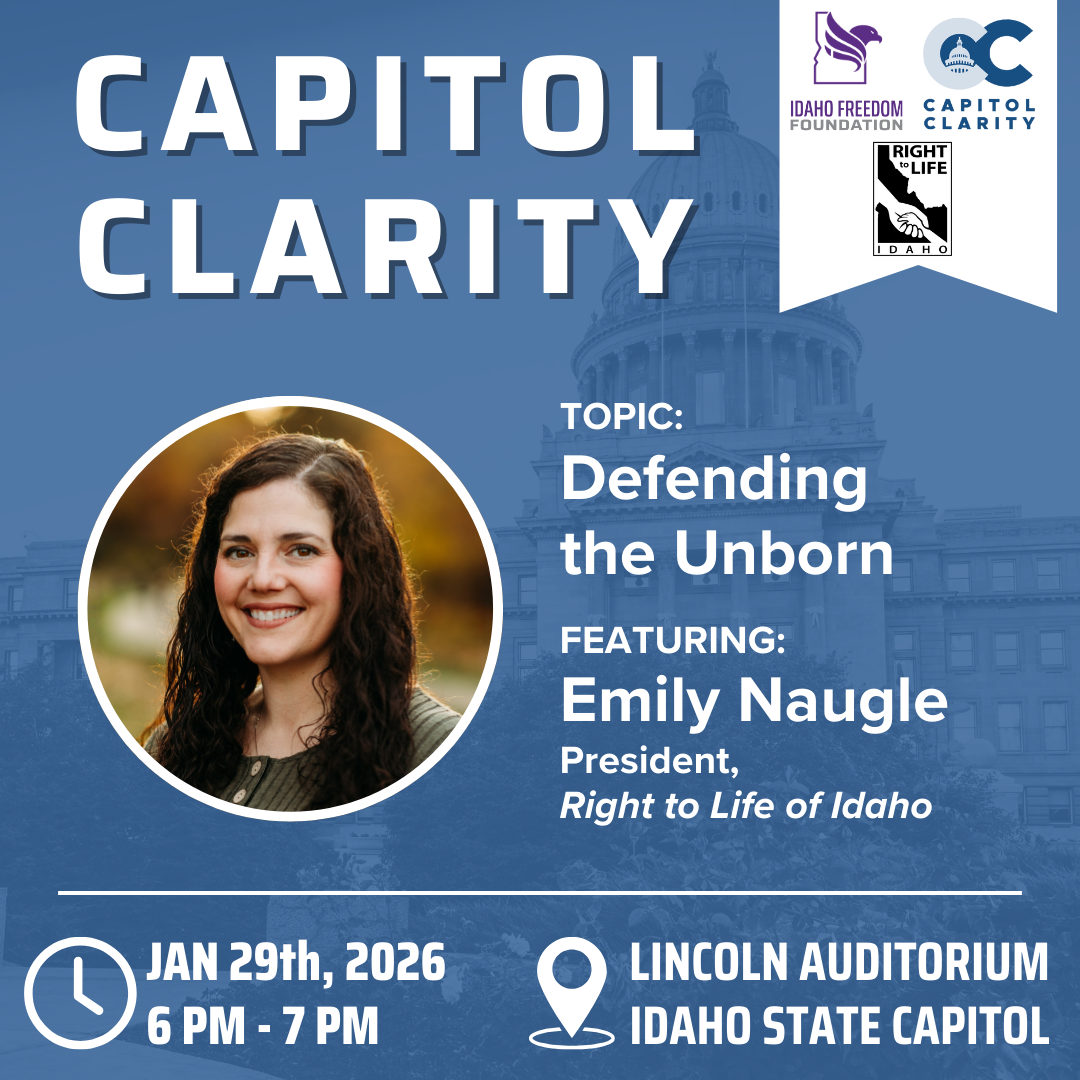


Bill Description: Senate Bill 1121 would expand the list of government jobs that qualify for the valuable "Rule of 80" retirement perk.
Rating: -1
NOTE: The Senate amendment to Senate Bill 1121 does not change our rating or analysis of the bill.
Does it increase government spending (for objectionable purposes) or debt? Conversely, does it decrease government spending or debt?
Many Idaho state or local government employees are able to retire early (before age 65) if the sum of their age and their years of state employment equal 90. This is known as the "Rule of 90." Police officers, firefighters, and a growing list of related government employees are given access to an even more valuable retirement perk called the "Rule of 80." These employees can retire when the sum of their age and their years of state employment equal 80.
This means, for example, that someone who started at age 20 could retire with full benefits at age 50.
This perk used to be reserved for police officers and firefighters, but it has recently been extended to emergency communications officers (dispatchers) and probation officers as well.
Senate Bill 1121 would expand this perk yet again. It would amend Section 59-1303, Idaho Code, to include supervisory emergency communications officers, county juvenile detention officers, probation supervisors, the division chief and deputy division chief for prisons in the state corrections department, and "direct care staff at the department of juvenile corrections, including rehabilitation technicians, rehabilitation supervisors, and rehabilitation specialists."
The Statement of Purpose and Fiscal Note for Senate Bill 1121 don't offer any estimate of how many people this bill would add to the burgeoning "Rule of 80" club. It does, however, suggest that this latest addition would result in an increase in government spending of "approximately $161.82 per new employee receiving the Rule of 80 benefit per year."
This bill would place more burdens on taxpayers by allowing more government employees to retire early. Of greater concern is the possibility that future economic downturns may force other government employees and taxpayers to subsidize long retirements that the state's retirement accounts cannot sustain.
(-1)


